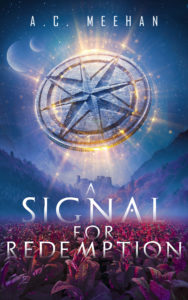“Writer’s block” is a documented psychological (and possibly neurological) condition, a sort of professional-grade ailment. Blank Page Syndrome, though, is the garden-variety frustration of not knowing how to begin. Just about everyone has experienced some form of it at one time or another, and it can be a powerful driver of procrastination.
In one sense, writing is what happens when speech has to follow the rules. Literal transcripts of normal conversation prove that few of us are as articulate as we think. Between the false starts, filler words, “discourse markers” and dropped thoughts, it’s a wonder listeners come away with any sense of our meaning at all. When we’re not quite sure what we want to say, we stall and do the verbal equivalent of doodling while we get our thoughts in order. We filter as we go, and we use nonverbal communication to make it work. Other than nagging parents and public speaking coaches, no one thinks much of it.
Writing has to follow some clear system, and there’s no chance to clarify, expound, or backtrack on the fly depending on audience reaction. That puts a lot of pressure on the innocent blank page, because writing is “judged” by the reader only after the writer’s part of the communication is finished. If our everyday speech were judged as a final product rather than as a process of communication, I suspect more of us would keep quiet.
I think sometimes it’s hard to begin simply because we get focused on the final result instead of remembering that first drafts can be a private affair. If I find myself stalled because I don’t know how to get started, there are two tricks that (usually) work well for me.
- Start in the middle. If I don’t know how to get from A to B, sometimes writing B to C is enough to break the logjam. Then I can look back and see what I kind of starting place I need.
- Change the format. Sometimes, typing it out as bullet points rather than paragraphs is enough to free me from the judgment. It lets me off the hook for connecting the thoughts but gets the concepts down. (In fiction, sometimes I switch from dialogue to prose or vice versa.)
Both are just ways to remind myself that I don’t have to have it all worked out yet. I can start without knowing where I’ll end (or end without knowing the beginning), and trust that revision is where the magic of coherence happens.
In case you’re wondering, this post started with me typing, “Argh. The dreaded blank page!”
Photo by Dom J via Pexels


